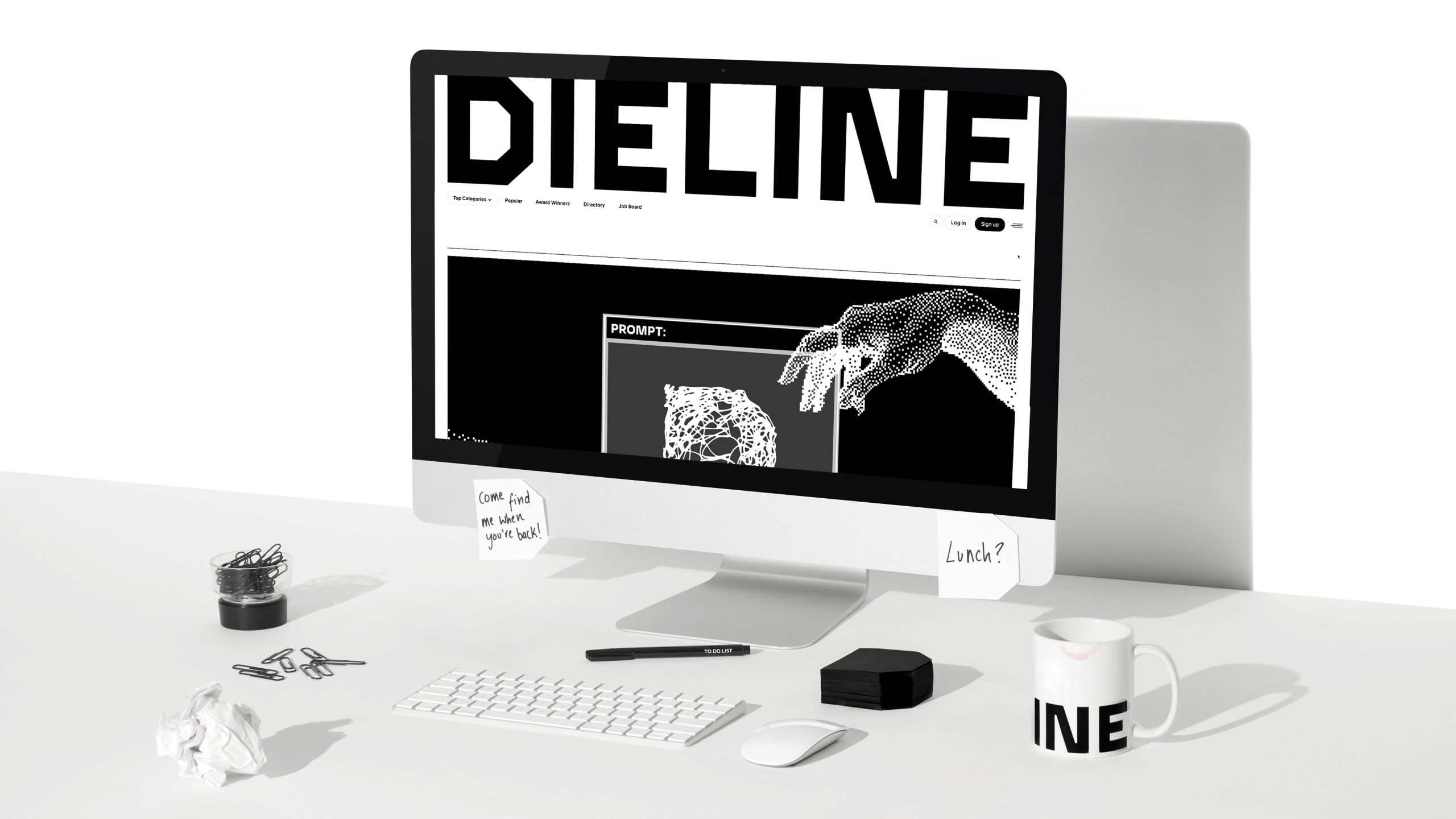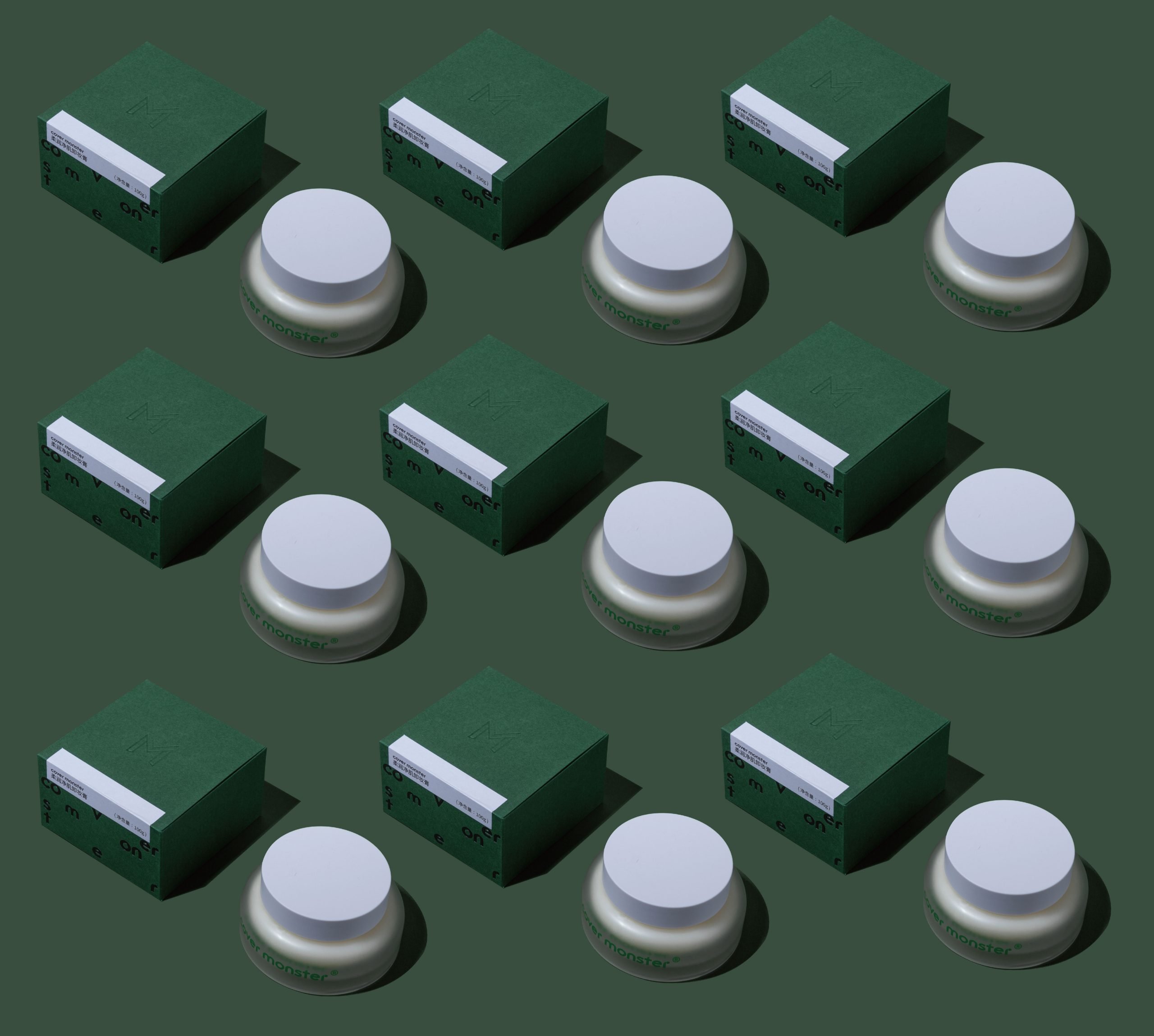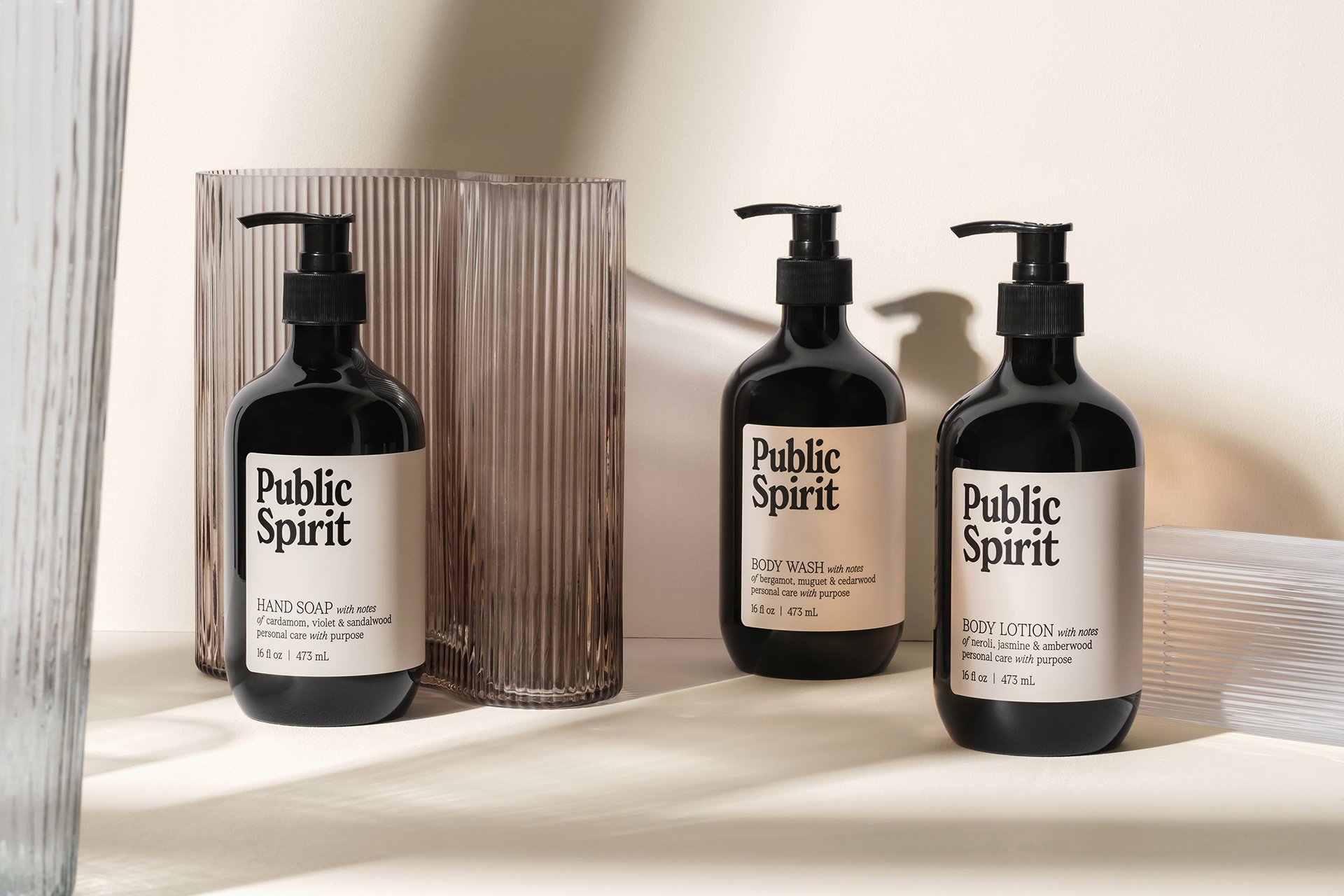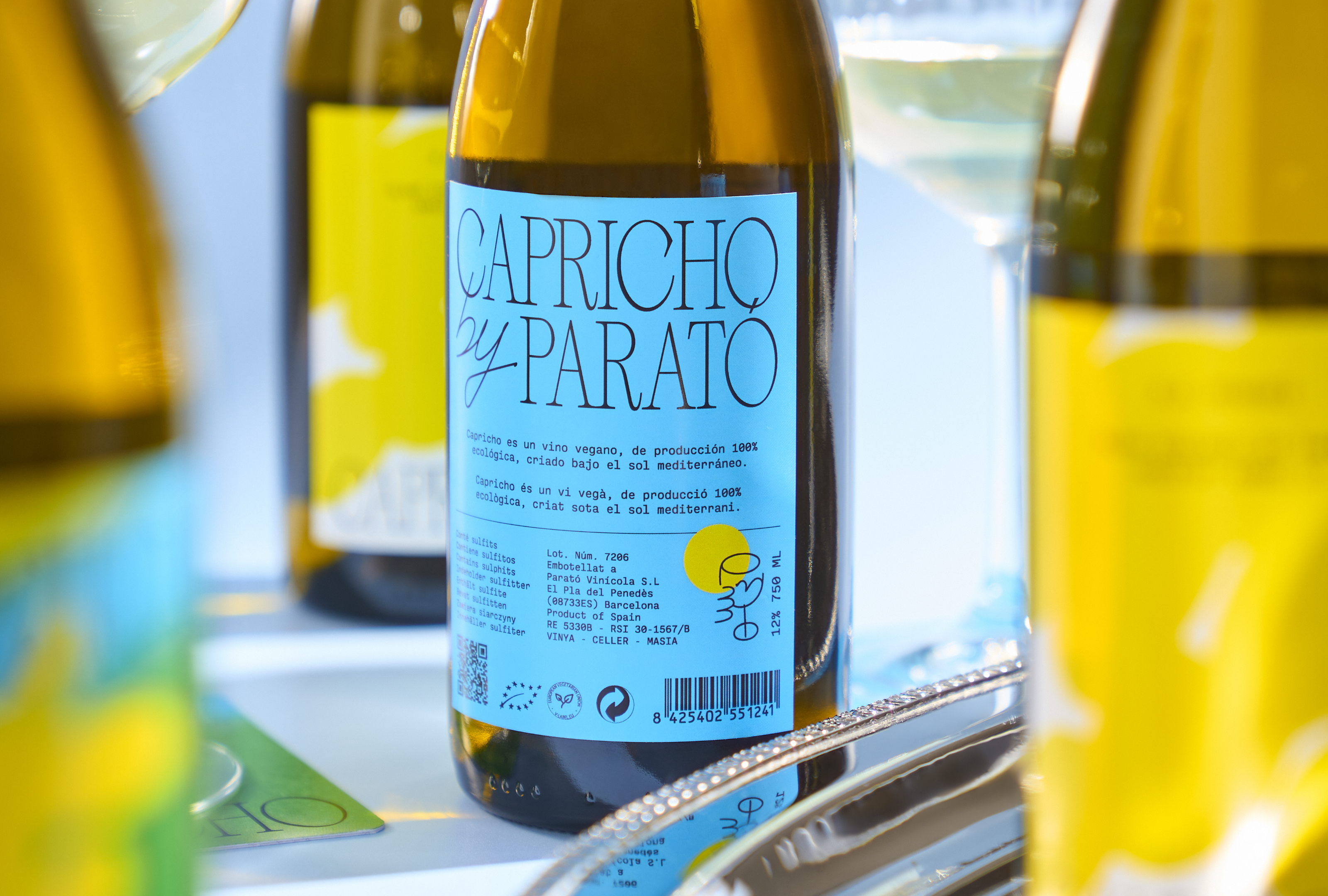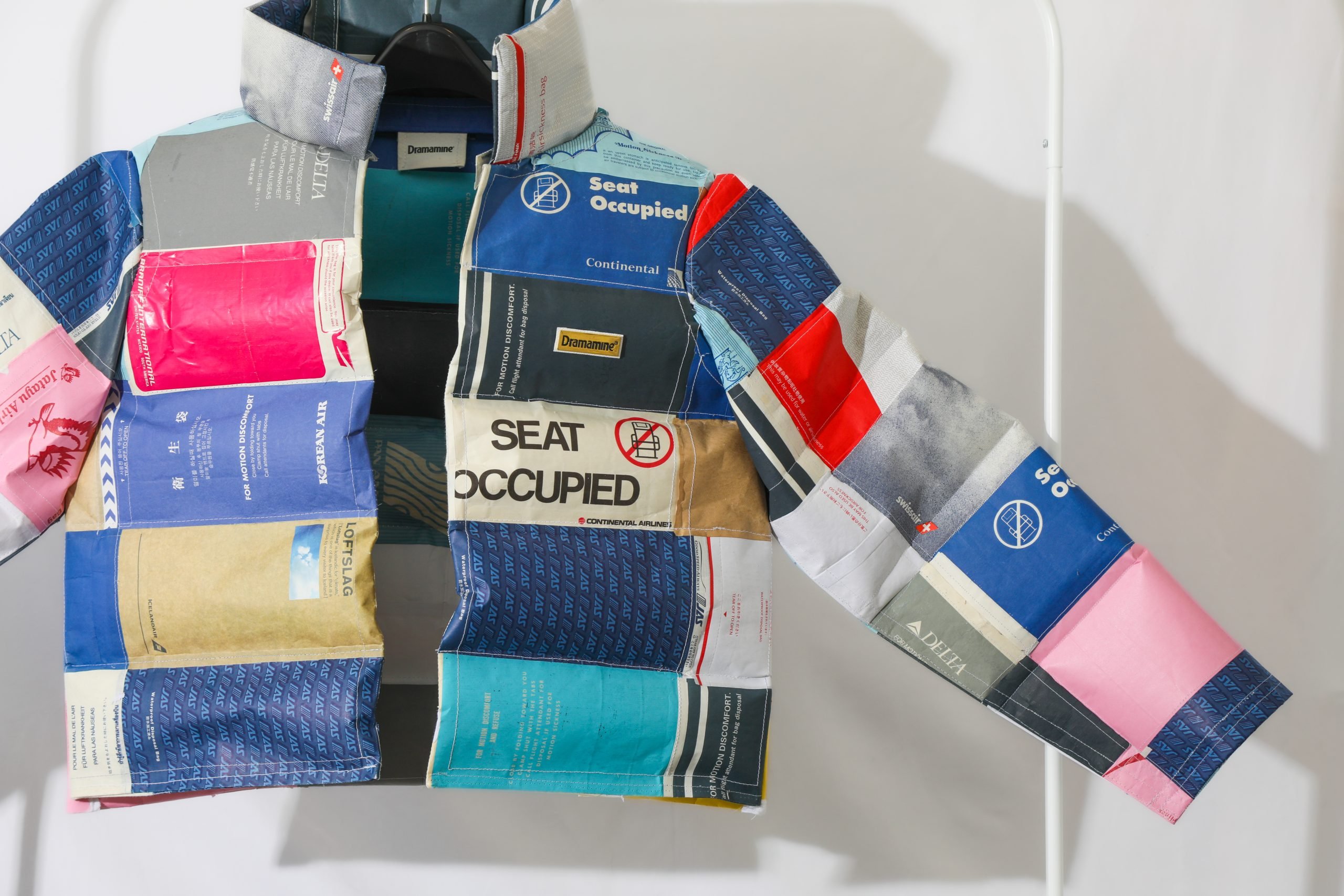
“Speaking from our hearts—Syria would be our favourite location to base our company,” Mohammed Wattar, co-founder of ALEP Studio confesses. Unfortunately, due to the conflict and other circumstances, this is not the reality and they currently operate out of Cairo and Istanbul. We spoke with Wattar to learn more about Syrian culture and how it influences the design work at ALEP Studio, design trends, where the team turns to for inspiration on a daily basis, and more.
This post is a recurring series where we interview designers and agencies with ties to the countries affected by the immigration ban. This is an effort to promote an understanding of the cultures, and we hope that these insightful Q&As highlight the need for diversity in all aspects of life. If you are or happen to know agencies or designers in any of the included countries, please reach out to us directly: [email protected]
First of all, tell us a little bit about your agency and your team.
ALEP Studio: The conflict in Syria has caused more than 4-5 million people to flee their homeland in order to start a new life in a safer place. These people brought tremendous professional experience with them. In some cases, they also brought along the remnants of their old companies, including the brands, business ideas and capital with a view to reestablish their old business in the diaspora. And this is the moment Alep comes into play: We are here to consult them on their way to setting up their new business abroad, and since Cairo and Istanbul have become the main location for the Syrians to resettle, it was a logical step to base Alep there as well.
The reason we believe there is a need for consultancy is that Syrians are entering new markets and have to adapt to new communities, standards and a much more globalized market than back home. The market is more advanced and there is a higher competition which calls for other branding instruments than before. However, we are truly convinced that Syrian products are well capable of competing in these markets. What they need, though, is the right marketing and branding to receive the attention these products deserve.
Secondly, we also believe that the current situation provides the opportunity to spread the Syrian culture around the world, especially the food culture and textile industry. Looking at Lebanese cuisine, for example, which is similar to Syrians, it has achieved a great reputation due to the people who spread the food culture after the Lebanese Civil War globally. We hope that the same can happen to the Syrians. At the end of the day, we see it as our responsibility, as fellow countrymen, to offer our services in these cities and support Syrian products to become more international.
What is your design philosophy at ALEP Studio?
ALEP Studio: Alep certainly has its own unique design, we do place great emphasis on simplicity and follow a “less is more” approach. However, as a consultancy, it is our task to first understand what our client’s background is and what their product is about until we are convinced that we have received the full picture of this particular company’s essence. Only after do we start building up on this essence and create a branding concept that truly reflects the uniqueness of our client’s work.
What is the meaning behind the name of ALEP Studio?
ALEP Studio: After coming up with the business model, we have tried out several names. It was at the peak of the war in 2016, when Aleppo was at the center of the attention in the media, that it became clear to us that Alep would have to be the name of our company. While you would read in the newspapers how this city had become one of the most dangerous in the entire world and how large the suffering was, our team became motivated to tell another story to the world, the stories of all the good things that come out of Aleppo. While “Halab” is the Arabic name for Aleppo, we chose the French version “Alep” for our company as it is better understandable for a larger international community.
What are some of the unique cultural aspects of Syria? What role does Syrian culture play in your design work?
ALEP Studio: Another story that often goes forgotten within the current media coverage on Syria is that Aleppo is a magnificent city. Actually, it is the oldest inhabited city in the whole world. We are convinced that there is richness in Aleppo, a city that has lived through numerous centuries, empires and high cultures, which receives our attention, and it is Alep’s task to convey this to a larger audience.
What are some of the most recent design trends that you’ve seen pop up in Syria lately?
ALEP Studio: Due to the war in Syria, there is unfortunately no industry developing neither is there a design trend evolving. However, turning to the work of artists in the diaspora, we observe two trends. First, we see many artists going back to their roots and rediscovering parts of Syrian culture such as calligraphy or old school architecture, e.g. the Damascus house, while adapting it to modernity with modern techniques. Secondly, many artists are working through their personal trauma and internal suffering with the help of art and making the war a topic of their artistic work.
What are some of the biggest challenges you would face in Syria? What about with running a design agency there?
ALEP Studio: Speaking from our hearts—Syria would be our favourite location to base our company. However, judging from the current situation in which neither safety nor electricity, water and internet are guaranteed, a return is out of the question. Our long-term target, though, is to return to Syria. Running a design agency in Syria would be incredibly rewarding for our team especially because we feel responsible and passionate about being part of rebuilding the country.
Tell us about one of your favorite packaging or branding projects that you’ve worked on.
ALEP Studio: One example is Mosaic, an oriental sweets chain based in Istanbul whose owners are Syrians trying to enter the Turkish market with this new brand..

When looking for design inspiration, where do you turn? What inspires you and your team?
ALEP Studio: Our main inspiration stems from the client, their background and the essence of the project we are working with. Additionally, Pinterest and officesnapshots.com. Walking in the city of Istanbul also serve as great sources to develop new ideas. Another source of inspiration is social media and the worldwide connections we have over facebook and other social media network.
How do you hope to make people feel through your design work?
ALEP Studio: There are two audiences for every project of mine. First, we want to make our client feel empowered about their product thanks to the design we create for them. Secondly, we are trying to reach the customers and wish to make them feel sure about what they buy and also aware of the process that stands behind every product. In the case of Mosaic, each customer can become aware through the design of the product about the lengthy process that enabled the sweet’s production.













